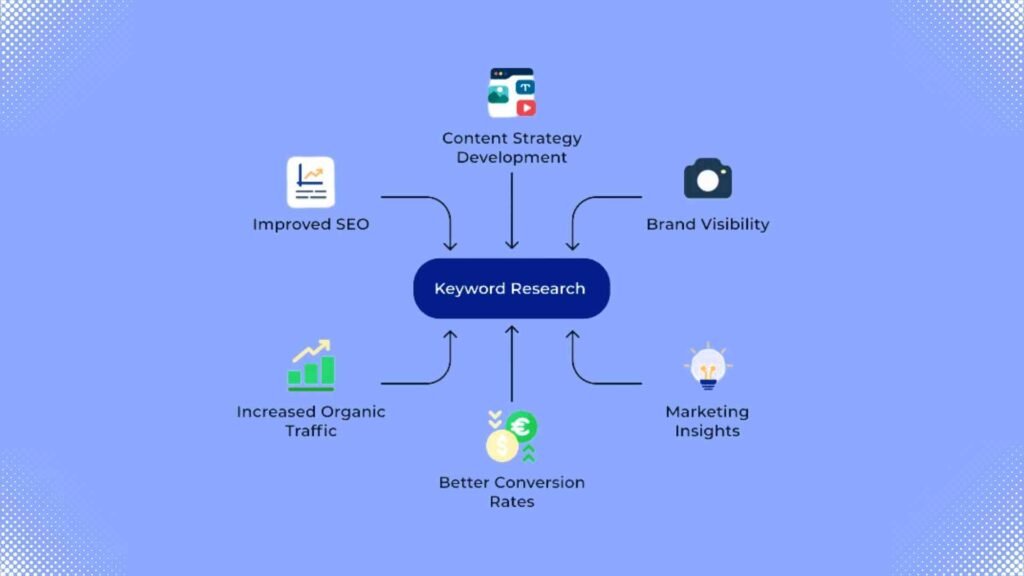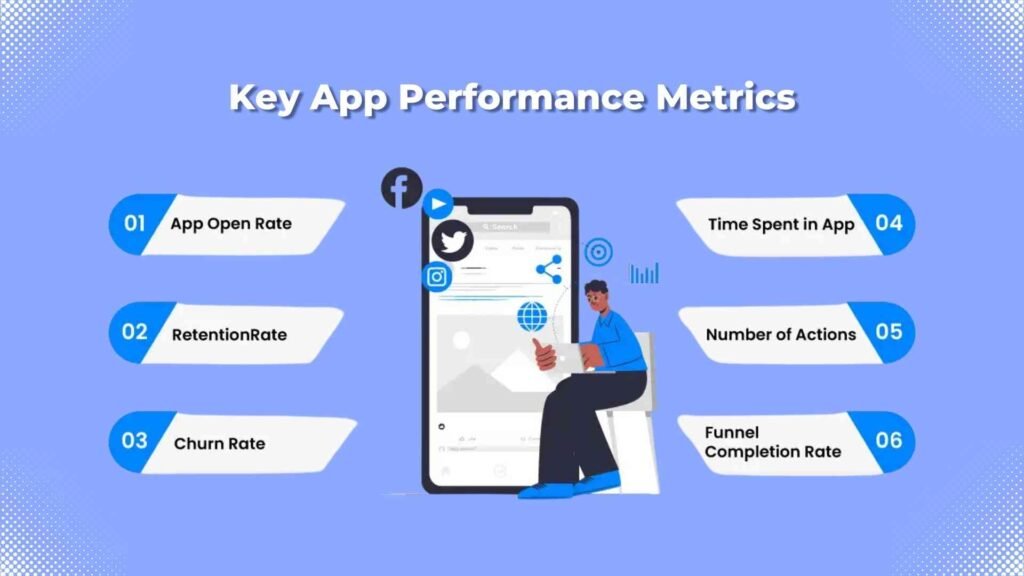1. Introduction
Table of Contents
In the ever-expanding landscape of mobile applications, achieving visibility on app stores is crucial for an app’s success. The algorithms employed by app stores play a pivotal role in determining which apps get featured prominently and which ones fade into obscurity. In this exploration, we will unravel the intricacies of these algorithms, focusing on how they influence app rankings and what developers can do to optimize their presence.
2. Understanding the Basics
App store algorithms are sophisticated mechanisms designed to evaluate and rank apps based on various factors. Different app stores have their own algorithms, each with its unique set of criteria. Apple’s App Store, for instance, has a different algorithm from the Google Play Store. These algorithms take into account a myriad of factors to determine the relevance and quality of an app.
3. Key Factors Influencing App Rankings
- Relevance of Keywords : One of the fundamental elements in app store algorithms is the relevance of keywords. Keywords are not only essential for discoverability but also influence how the algorithm assesses an app’s suitability for particular searches. Developers should strategically incorporate high-relevance keywords into their app titles, descriptions, and metadata to align with user queries effectively.
- Downloads and User Engagement Metrics : The number of downloads an app receives is a significant factor in app store rankings. However, it’s not just about quantity; quality matters too. Algorithms consider user engagement metrics, such as the time spent in-app and the frequency of use. Apps that consistently engage users are likely to rank higher, emphasizing the importance of creating an app that users find valuable and engaging.
- App Ratings and Reviews : App ratings and reviews contribute substantially to an app’s reputation and, consequently, its ranking in app stores. Higher ratings and positive reviews signal to the algorithm that the app is trustworthy and user-friendly. Developers should actively manage and respond to reviews, addressing concerns and maintaining a positive rapport with users.
- App Updates and Maintenance : Regular updates are not only beneficial for adding new features but also crucial for maintaining a strong position in app store rankings. Algorithms favor apps that demonstrate ongoing development and responsiveness to user feedback. Bug fixes, feature enhancements, and version updates contribute to the perception of a dynamic and well-maintained app.
- App Size and Performance : App size and performance are often overlooked but are integral to user experience and, consequently, app rankings. Bloated apps may deter downloads, while a smooth and efficient user experience can positively impact rankings. Optimizing app size without compromising functionality and ensuring consistently high performance are factors that algorithms take into consideration.
- Algorithm Updates and Changes : The dynamic nature of app store algorithms means they are subject to frequent updates and changes. Developers need to stay informed about these alterations to adapt their strategies accordingly. Following official communications from the app stores and staying engaged with developer communities can provide valuable insights into the evolving landscape of app store algorithms.
4. Tips for Optimizing for App Store Algorithms
- Strategic Keyword Placement : When optimizing for app store algorithms, strategic keyword placement is crucial. Developers should conduct thorough keyword research and strategically place relevant keywords in the app title and description. This not only enhances discoverability but also aligns the app with user search intent.
- Encouraging User Engagement : Boosting user engagement involves creating an app that users want to interact with regularly. This could involve incorporating gamification elements, providing valuable content, or ensuring a seamless and enjoyable user experience. Algorithms reward apps that consistently engage users over time.
- Proactive Review Management : Actively managing app reviews is a proactive approach to influence an app’s reputation and ranking. Responding promptly and professionally to user feedback, addressing concerns, and expressing gratitude for positive reviews can contribute to a positive perception both among users and app store algorithms.
- Regularly Update Your App : Regular updates signal to app store algorithms that an app is actively maintained and improved. Developers should prioritize bug fixes, introduce new features, and ensure compatibility with the latest devices and operating systems. Consistent updates contribute to the longevity and relevance of the app in the eyes of the algorithm.
- App Store Localization : Implementing app store localization can significantly enhance an app’s global appeal and visibility. By translating app metadata, descriptions, and screenshots into multiple languages, developers can cater to diverse audiences and improve discoverability in international markets. App store algorithms often prioritize localized content, making localization an effective strategy for reaching a wider audience.
- Harness the Power of Visuals : Visual elements such as app icons, screenshots, and preview videos play a crucial role in attracting users’ attention and conveying the app’s value proposition. Investing in high-quality visuals that accurately represent the app’s features and benefits can lead to higher conversion rates and improved rankings. Experimenting with different visual assets and analyzing their impact on user engagement can help optimize app store performance.
- Promote Your App Beyond the Store : While app store optimization is essential for increasing visibility within the store, developers should also focus on promoting their app through external channels. Leveraging social media, influencer partnerships, content marketing, and app review websites can drive additional traffic to the app store and boost downloads. External promotion efforts can complement ASO strategies and contribute to overall app success.
- Monitor and Analyze Performance : Regularly monitoring app store metrics and analyzing performance data is crucial for refining ASO strategies and staying ahead of the competition. Developers should track key metrics such as keyword rankings, download trends, conversion rates, and user feedback to identify areas for improvement and optimization. Utilizing app store analytics tools and A/B testing methodologies can provide valuable insights into user behavior and preferences.
5. Conclusion
In conclusion, optimizing for app store algorithms requires a multifaceted approach that encompasses various factors, including keyword relevance, user engagement, ratings, reviews, updates, app size, and performance. By understanding the intricacies of app store algorithms and implementing strategic optimizations, developers can enhance their app’s visibility, attract more users, and improve overall app store rankings.
Furthermore, staying informed about algorithm updates and industry trends, and continuously refining ASO strategies based on performance data, is essential for maintaining competitiveness in the dynamic app market. By following the tips outlined in this guide and adopting a proactive approach to app store optimization, developers can increase their app’s chances of success and achieve sustainable growth in the highly competitive app ecosystem.
Ready to take your app to the next level?
- Keyword Analysis
- App Title and Description Review
- Visual Asset Evaluation
- Competitive Analysis
- App Submission Checklist










